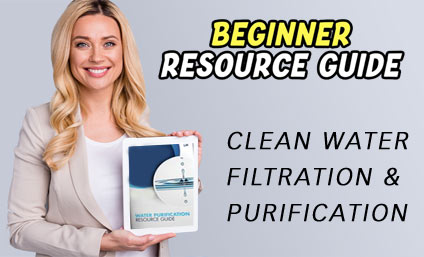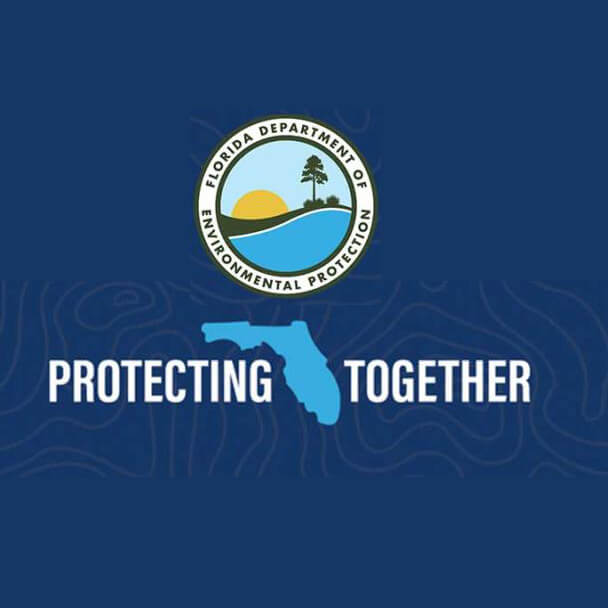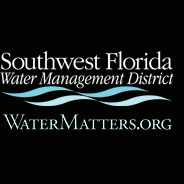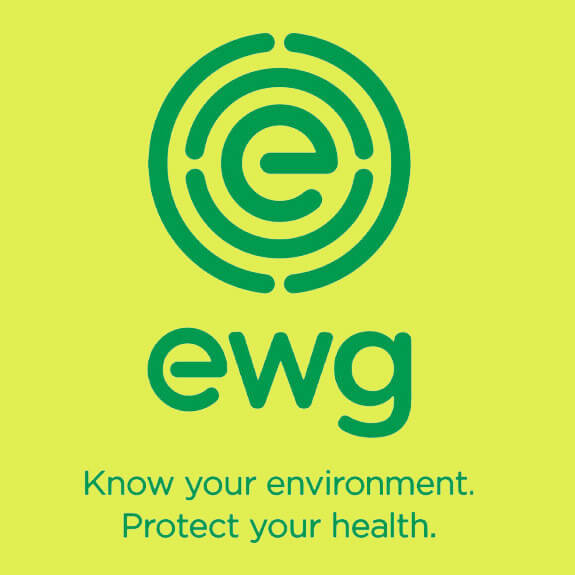Well Water Resilience: A Closer Look at Contamination Solutions in Florida
Access to clean and safe drinking water is a fundamental necessity, and in many regions, well water serves as a primary source for countless households. However, the state of Florida faces challenges related to well water contamination, prompting a closer examination of the solutions available to ensure the resilience of well water systems.
The State of Well Water in Florida
Florida, with its extensive network of wells, encounters various contaminants that can compromise the quality of well water. Common contaminants include bacteria, nitrates, pesticides, and heavy metals. Understanding the sources and nature of these contaminants is crucial in developing effective solutions to safeguard the well water supply.
Contamination Sources
Several factors contribute to well water contamination in Florida:
- Agricultural Runoff: The state's prominent agricultural industry can result in the runoff of pesticides and fertilizers into groundwater, affecting well water quality.
- Industrial Activities: Certain industrial practices may introduce heavy metals and chemicals into the groundwater, posing a risk to well water sources.
- Septic Systems: Improperly maintained or failing septic systems can lead to the infiltration of harmful bacteria and nutrients into wells.
- Urban Development: Urban areas may experience contamination from stormwater runoff, construction activities, and improper disposal of hazardous substances.
Testing and Monitoring
Regular testing and monitoring of well water are vital components of contamination prevention. Homeowners and authorities should implement a comprehensive testing regimen to identify and address potential issues promptly. The Florida Department of Health recommends testing for common contaminants, including bacteria, nitrates, and chemicals, at least once a year.
Well Maintenance
Proactive well maintenance is essential for preventing contamination and ensuring the resilience of well water systems. Regular inspection and maintenance of wells can identify and rectify issues such as cracks, leaks, or faulty seals that may allow contaminants to enter the water supply.
Water Treatment Technologies
Various water treatment technologies are available to address specific contaminants in well water:
- UV Disinfection: Ultraviolet (UV) light can be used to disinfect well water by inactivating bacteria, viruses, and other microorganisms without the use of chemicals.
- Reverse Osmosis: This process involves forcing water through a membrane to remove contaminants such as nitrates, pesticides, and heavy metals.
- Activated Carbon Filtration: Activated carbon filters are effective in removing organic contaminants, chlorine, and unpleasant odors from well water.
- Ion Exchange: This method can reduce the levels of certain minerals, such as iron and manganese, by exchanging them with more benign ions.
Community Engagement and Education
Ensuring the resilience of well water systems requires active community engagement and education. Local authorities, environmental organizations, and health agencies should collaborate to raise awareness about well water contamination, its sources, and the importance of preventive measures.
Government Regulations and Policies
Government regulations play a crucial role in managing well water quality. Florida's regulatory framework should address agricultural practices, industrial discharges, and septic system management to minimize the risk of contamination. Additionally, incentivizing and enforcing best practices in well construction and maintenance can contribute to the overall resilience of well water systems.
Conclusion
Preserving the quality of well water in Florida demands a multifaceted approach. Through comprehensive testing, vigilant monitoring, well maintenance, and the implementation of advanced water treatment technologies, communities can bolster the resilience of their well water systems. Furthermore, community engagement, education, and government regulations are pivotal in creating a sustainable and secure well water supply for generations to come.





